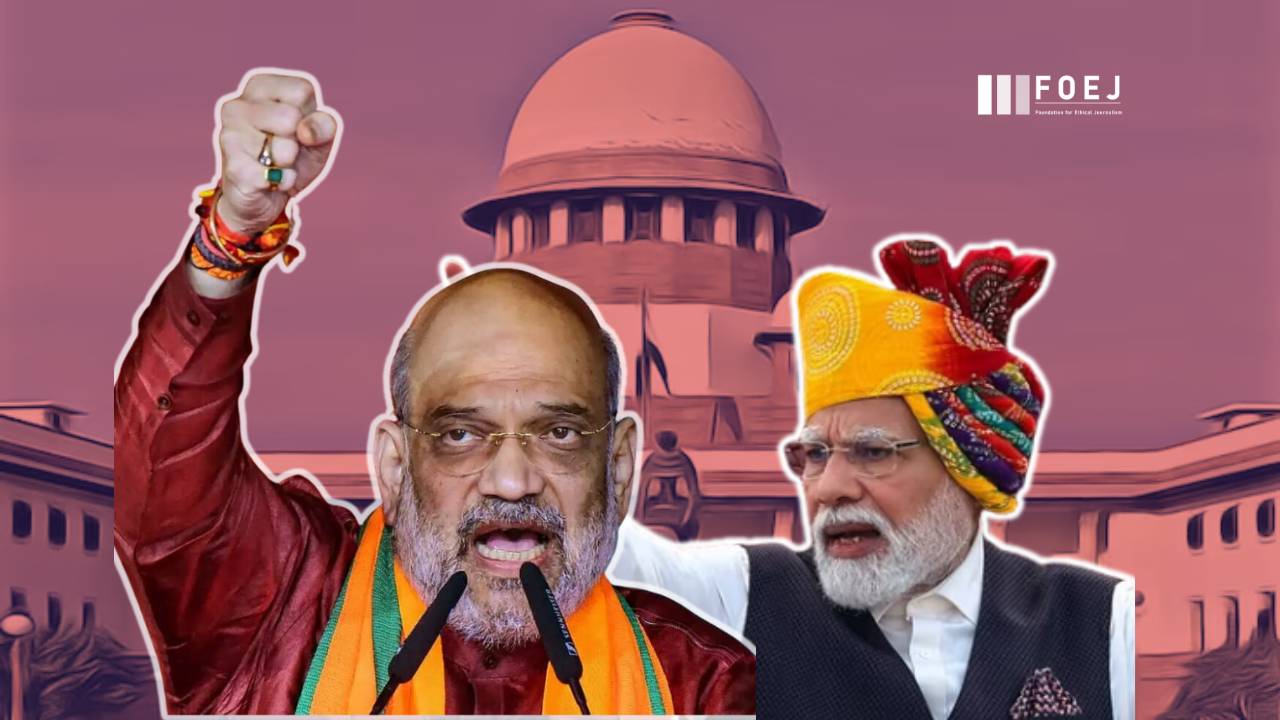On Tuesday afternoon, the Supreme Court declined the stay on the Citizenship Amendment Act’s (CAA) implementation. Furthermore, the court gave the government three weeks, until April 8, to answer 237 petitions challenging the freshly notified law, which went into force only days before the Lok Sabha election.
Furthermore, applicants were given the liberty to seek the court if citizenship is granted to anybody before the deadline. Senior attorneys Kapil Sibal and Indira Jaising made the motion, but Solicitor-General Tushar Mehta, representing the government, declined to make a clear comment.
Initially, Mr. Mehta asked for four weeks to respond to the petitions, citing the necessity for an in-depth affidavit to address the 237 petitions as well as other interim applications that had already been filed and were waiting. The case was heard by Chief Justice DY Chandrachud, Justice JB Pardiwala, and Justice Manoj Misra. The Indian Union Muslim League, together with opposition leaders Jairam Ramesh of the Congress and Mahua Moitra of the Trinamool, signed the petition.
The next hearing in this matter is scheduled for April 9.
While the petitioners did not oppose the government’s plea for additional time, they requested a temporary pause to the implementation of the perceived discriminatory CAA, which they claim targets the Muslim population.
Several challenges were filed in 2019 following the passage of the citizenship law by Parliament. However, the court did not halt implementation since the regulations had not yet been finalised. Last Monday, Mr. Sibal said that the situation had changed since the regulations were formed.
He emphasised the urgency, claiming that if citizenship is granted, undoing it will be practically impossible. He also questioned the government’s timing, implying that the delay in implementation until shortly before the 2024 Lok Sabha election was intentional.
Indira Jaising expressed similar thoughts, calling for a halt on citizenship grants at this time. However, Mr. Mehta downplayed worries about timing, emphasising that non-Muslim migrants are eligible under the CAA and dismissing any ulterior objectives.
Opposition parties have criticised the timing of the law’s introduction, claiming that it was planned to influence the election, particularly in West Bengal and Assam. Mamata Banerjee, the Trinamool leader, questioned the law’s legitimacy, citing a plan to revoke citizenship privileges.
“BJP leaders say CAA gives you rights. But the moment you apply for citizenship, you become an illegal immigrant, and you will lose your rights. You will lose your rights and be taken to detention camps. Please think before you apply,” she said.
However, Home Minister Amit Shah defended the CAA, dismissing charges of unconstitutionality and accusing the opposition of propagating lies. He explained that the BJP’s aim to approve the CAA was stated in its 2019 campaign, but its passage was postponed owing to the epidemic. Shah assured minorities that the CAA does not abolish their rights.









